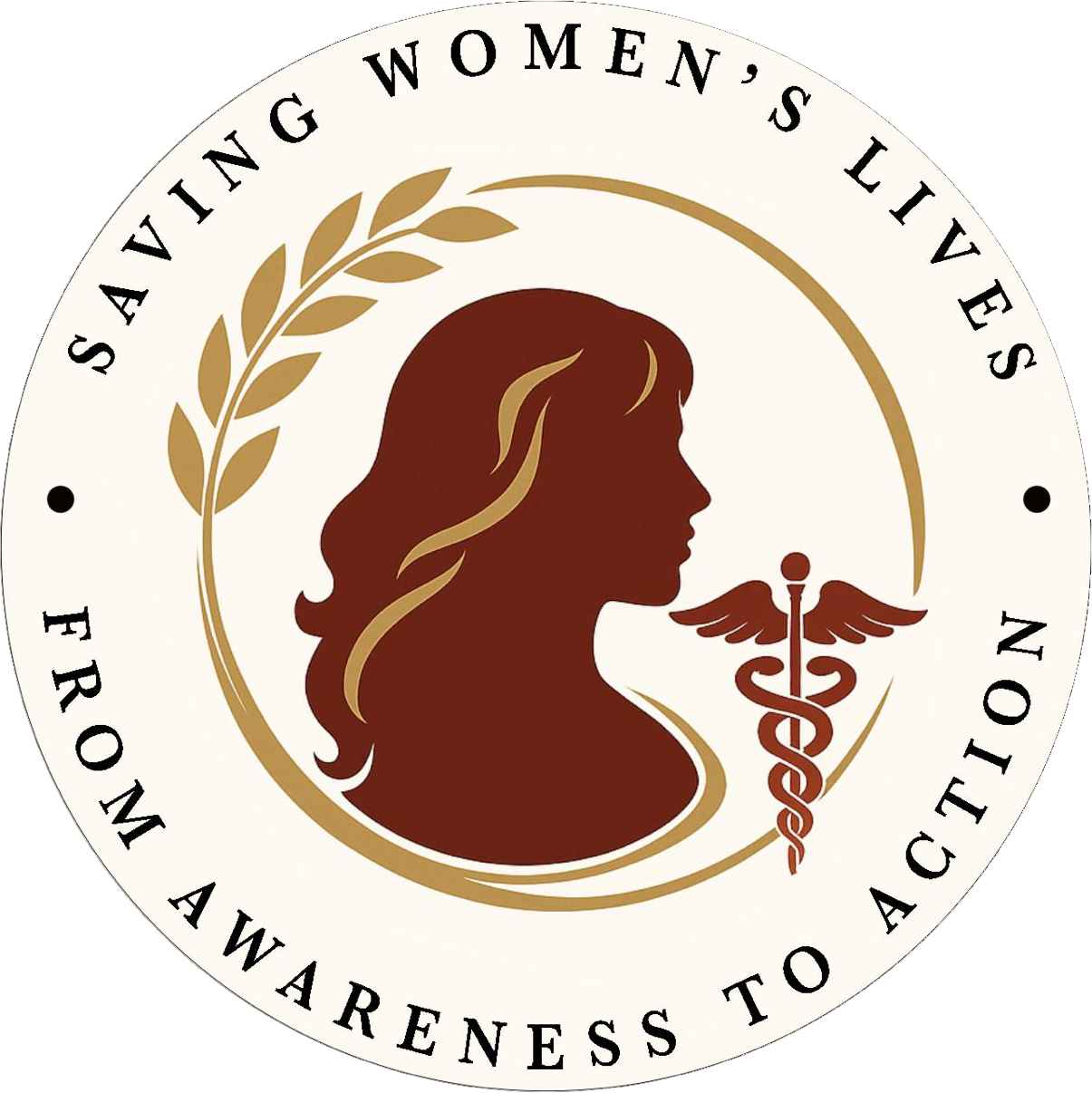Q.
1. How common is cancer?
Cancer is rapidly increasing in India and most of us are sitting ducks. Just talking about cervical cancer, in India it is seen that 200 women die every day i.e. one woman every 7 minutes.
Q.
2. What are the common cancers affecting women?
Indian women are most prone to Cancer of the Cervix (neck of the womb); Breast cancer comes second; other cancers affecting women are those involving the ovaries and uterine wall.
Q.
3. Does cancer mean death?
Many cancers detected early have a near complete recovery. Cancers detected in the late stage after spreading to other organs generally carry a poor prognosis.
Q.
4. Can I prevent cancer?
General measures of preventing cancer would include a healthy lifestyle – avoiding tobacco use, minimizing alcohol and food with preservatives, living in a pollution-free environment and maintain a healthy diet and regular exercise regime. Inspite of all this, cancer can often not be prevented. For cervical cancer over the last few years a vaccine with 75% protection has been developed.
Q.
5. What does screening for cancer mean and who should be screened?
Screening is a procedure adopted to pick up cancer in a healthy population of subjects who have no problems. It helps in early detection increasing treatment options and improving life expectancy. The most popular screening for cervical cancer is the Pap smear. Cancer of the uterus and ovary may be suspected by a sonography done by the trans-vaginal route.
Q.
6. What may I expect when going for my first Pap smear?
The Pap smear essentially is a scrape from the neck of the womb to collect cells and observe them under the microscope for signs of cancer. It is not painful but may cause some discomfort much like a pelvic examination. Done when there is no menstrual bleeding, it usually takes just a few minutes. All sexually active women should have regular Pap smears every 3 years.
Q.
7. What are the early signs of cancer?
Early signs of cervical cancer include blood-stained discharge intermittently during the cycle or after intercourse or menopause. Often however there may not be any symptoms and that is the reason why regular Pap smears are advised.
Q.
8. I have been told to have cancer. I am very afraid. What to do?
One important thing for cancer is early evaluation and treatment. For most early cancers surgery is the first treatment offered. In later stages surgery is avoided or complemented with chemotherapy and radiotherapy. Whatever be your case, you need urgent evaluation preferably in a multispecialty cancer hospital where all modalities of care would be available.

